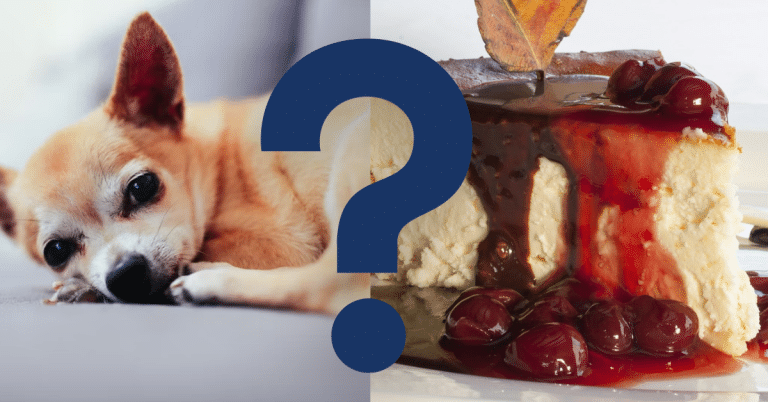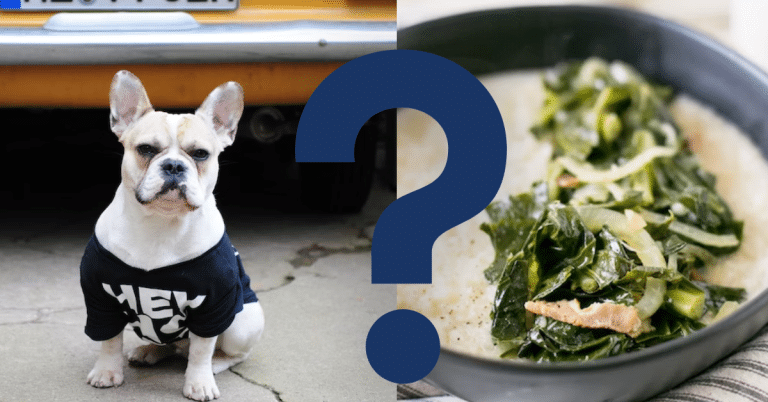Can Dogs Eat Melon? A Vet’s Opinion

Melons are delicious fruits which have a characteristic fleshy body. These edible goodies come from Africa and South East Asia. There are many different types of melons out there. Melons have a lot of nutritional benefits as well – but can you feed melons to your dog?
Yes, Melons are an excellent alternative to traditional dog treats. Melons are sweet and have a lot of nutritional value in them. However, they must be given in moderation since uncontrolled eating can lead to rapid weight gain.
Let’s dive in:
Benefits Of Melon For Dogs
Melons are a fantastic source of nutrition for dogs, and in this paragraph, we will discuss why. Dogs pant a lot and have high energy in them; hence they need access to water throughout the day in summer. Instead of giving your dog water all day, there are other ways to keep them hydrated. Melons are a great source of hydration since they have a high water content, filling your dog’s tummy and fulfilling their daily water intake needs.
Moreover, there are many fruits which do not offer any significant nutritious benefit to your dogs. However, all species of melons contain a great detail of vital nutrients. To start with, melons contain a lot of dietary fibre, potassium, and vitamins A, E, B6 and C. These vitamins are a vital part of your dog’s diet; hence, giving them melons in moderation can help provide your dog with a healthy balanced diet. Moreover, these nutrients are essential for good gut health and strengthen your pet’s immune system as well, which is very important. Dogs can also gain weight, which might come as a surprise to some people. Dogs are notorious eaters, and you must have seen your pooch devour treats and their favourite snacks within minutes. Like humans, dogs also need exercise to burn calories and stay in shape. In most cases, if the owners are not taking their dogs for regular walks or helping them stay active, dogs can gain weight, which can further lead to obesity and other health complications associated with that. Melons have low sugar content; they are nutritious and are a fantastic filler for your pets. Hence, the usage of melons instead of sweet treats helps with the calorie control of your pets. A large amount of fibre present in most melon species helps with constipation, something which is very common in pets these days!

How To Safely Give Melon To Dogs
The best way to give Melon to your dog is to remove the seeds and rind, as we discussed earlier. Those things are a choking hazard for your dog. Moreover, we urge you to cut the Melon into moon-shaped pieces and not give the Melon as a whole. This will allow you to control how much Melon you are giving to your dog, and you can use the pieces as a treat as well.
Moreover, use the spoon to remove the seeds and use the knife to remove the rind as well. Once both of these things are removed, a melon will be a fantastic treat for your dog. If your dog breed is small, like a poodle, then moon-shaped pieces might still pose a choking hazard for them. Make sure you cut those pieces into bite-sized ones for your dog, so remove any hazards. You can use the Melon as a filler in your dogs’ daily meals so that they can eat a controlled amount every day. You can freeze the melon pieces and give a couple of them to your dog on a hot day to aid with hydration as well.
Will Melon Make A Dog Sick?
There are some things to take care of when giving melons to your dogs. Melons have nutritional content; however, giving melons the wrong way to your dog can be deadly and life-threatening. Melons have high sugar content as compared to other fruits but low sugar content as compared to dog treats available in the market. However, some owners give a lot of melons to their dogs thinking that as a fruit, it will be very beneficial. However, it is far from the truth. Uncontrolled eating of melons may lead to obesity in dogs as well, as melons have significant sugar in them. You must regulate the use of melons every day and make sure that your dog gets an excellent form of exercise to burn all the calories gained from these sugary foods. Moreover, if your dog is diabetic, make sure to avoid giving them fruits with significant sugar content, like Melons.
Melon seeds themselves do not harm your dog and are not poisonous as well. They also, however, do not serve any nutritious role either. Hence, it is advised by vets to remove the seeds of the melons before you give them to your dog since they play no role in their diet. Moreover, your dog might choke on these seeds if it is too hyper when having its food. These seeds can get stuck in the digestive tract as well, further causing more issues. It is recommended to remove any seeds and rinds from watermelons before giving them to your dog. Just as with any other fruit, giving too many melons to your dog can upset the electrolyte level in your dog and upset their stomach and cause weakness. Make sure to stay moderate with the number of melons you are feeding your pet dog.

Vet’s Summary
Melons are a great source of nutrition for your dogs. Melons can serve can as a fantastic alternative to sweet treats. However, they must be served in moderation due to the sugar content. Apart from this, melons have high water content and serve as fantastic food for hydrating purposes for your dog on a hot summer day. These nutritious foods contain fibre, potassium and vitamins like A, C and K. These vitamins are vital for your dog’s good health!
However, make sure that you remove the rind and seeds from the melons before you give them to your dog since they are a choking hazard. Moreover, apart from melons, probiotic supplements are a great addition to your dogs’ daily meals since they improve gut health by introducing healthy bacteria into the dog’s gut. An excellent digestive tract will keep a lot of problems away from your pooch!
Videos To Watch
If you are wondering what related foods are good to give your dog, watch this:






